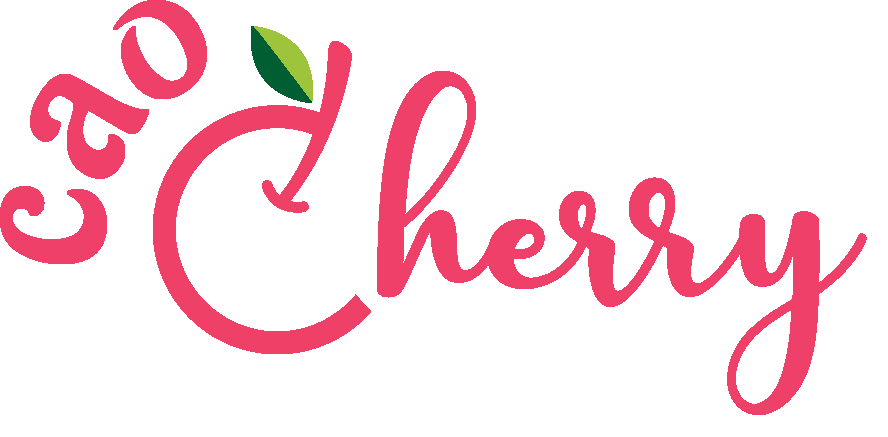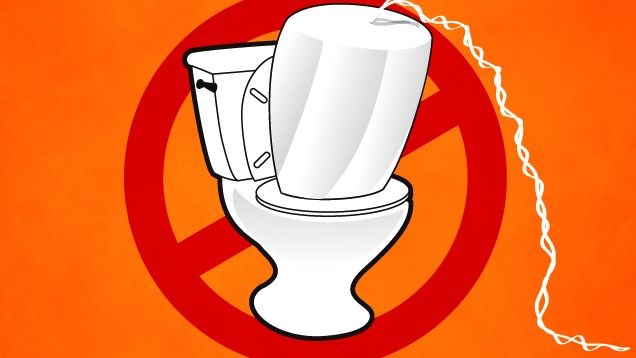Your menstrual cycle is a natural process that involves hormonal fluctuations and changes in your body. While you may experience various symptoms during different phases of your cycle, such as bloating, cravings, and mood swings, your diet can play a significant role in managing these symptoms and promoting overall well-being. Let’s explore the foods you should eat and avoid during your cycle to support your health and comfort.
Understanding Your Menstrual Cycle
Before diving into specific foods, let’s briefly review the different phases of the menstrual cycle:
- Menstrual Phase: This is when you’re actively bleeding, usually lasting 3-7 days.
- Follicular Phase: Occurring after menstruation, this phase involves the maturation of ovarian follicles, typically lasting around 7-10 days.
- Ovulation: Around mid-cycle, usually between days 12-14, an egg is released from the ovary.
- Luteal Phase: Following ovulation, this phase prepares the body for pregnancy, lasting approximately 14 days.
Each phase of the menstrual cycle is associated with specific hormonal changes and nutritional needs.
Foods to Eat During Your Cycle
- Water: Water is your BFF throughout your cycle. It combats bloating, keeps you energized, and aids in digestion. Aim for at least 8 glasses of water daily.
- Fruits and Vegetables: Load up on colorful fruits and vegetables rich in vitamins, minerals, and antioxidants. Berries, leafy greens, citrus fruits, and cruciferous vegetables (broccoli, kale) support overall health and hormone balance.
- Complex Carbohydrates: Opt for whole grains like brown rice, quinoa, oats, and whole wheat bread. These carbs provide sustained energy and help stabilize blood sugar levels, reducing cravings and mood swings.
- Omega-3 Fatty Acids: These healthy fats have anti-inflammatory properties, which can alleviate menstrual pain and reduce bloating. Sources include fatty fish (salmon, mackerel), flaxseeds, chia seeds, and walnuts.
- Complex Carbohydrates: Opt for whole grains like brown rice, quinoa, oats, and whole wheat bread. These carbs provide sustained energy and help stabilize blood sugar levels, reducing cravings and mood swings.
Foods to Avoid During Your Cycle
- Highly Processed Foods: Limit your intake of processed foods high in sugar, refined carbohydrates, and unhealthy fats. These can exacerbate bloating, inflammation, and mood swings.
- Caffeine: While some caffeine is fine, excessive consumption can worsen menstrual symptoms like anxiety, irritability, and breast tenderness. Opt for decaffeinated or herbal alternatives.
- Salty Foods: Excess sodium can contribute to water retention and bloating. Reduce your intake of salty snacks, canned soups, and processed meats during your period.
- Fatty and Fried Foods: Greasy or fried foods can increase inflammation and discomfort. Choose healthier cooking methods like baking, grilling, or steaming instead.
- Alcohol: Alcohol can dehydrate you and worsen bloating. Limit alcohol consumption or avoid it altogether during your period.
Healthy Alternatives for Comfort Food
- Dark chocolate: Swap sugary treats for dark chocolate (70% or higher cacao content) for a mood-boosting dose of magnesium.
- Yogurt: Craving something creamy? Opt for plain yogurt with berries or a sprinkle of granola for a satisfying and gut-friendly snack.
- Warm soup: A bowl of warm chicken or noodle soup can be soothing and provide essential nutrients.
- Homemade trail mix: Make your own trail mix with nuts, seeds, and dried fruits for a healthy and satisfying alternative to processed snacks



